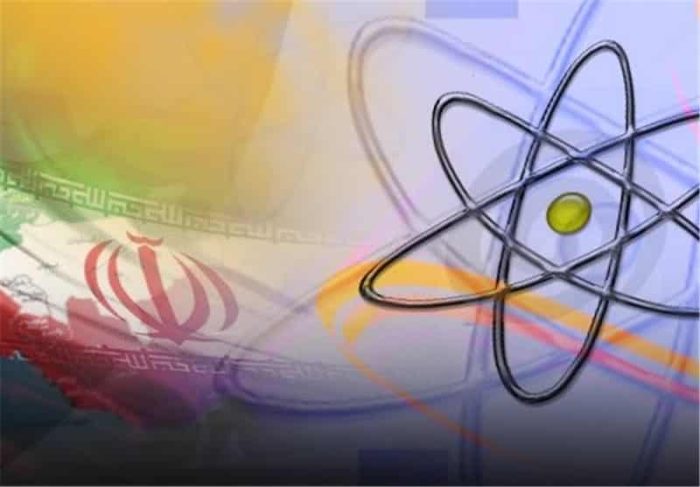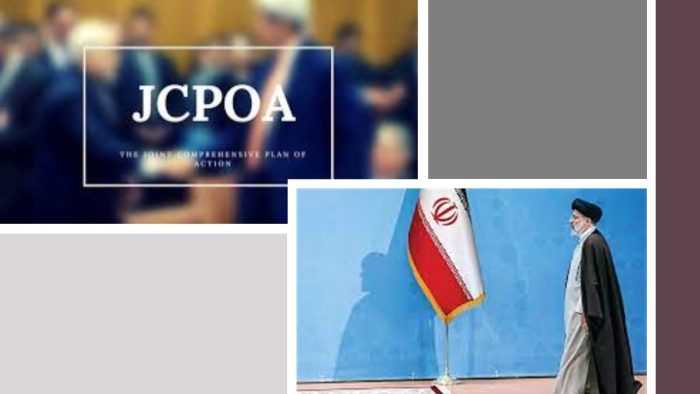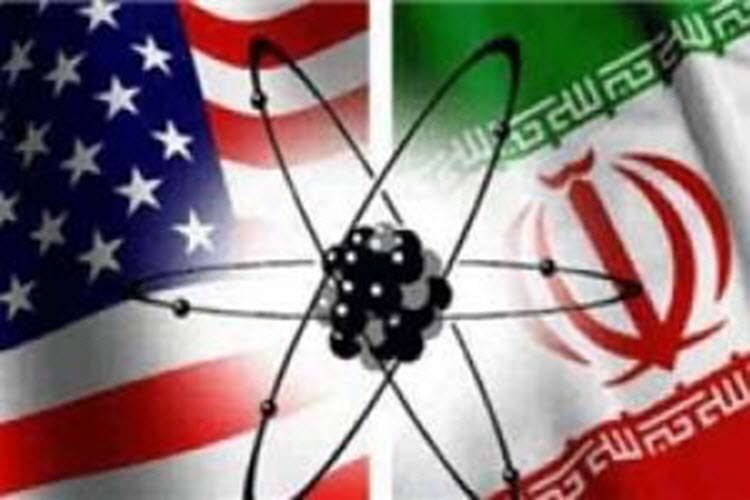

On Tuesday, Ali Bagheri-Kani, Iran’s lead representative at the talks, reiterated the regime’s rhetoric about sanctions relief and nuclear extortion, even saying that the regime reserves the right to revisit the preliminary terms that were allegedly agreed upon during the six sessions that took place before the Vienna talks stalled in June. Other officials have stated unequivocally that they will not accept any compromise unless the US just lifts all economic sanctions immediately, prior to any action by the Iranian leadership.
This ultimatum would have been ludicrous.
Even if current conditions were similar to those when Iran initially began breaking the terms of the 2015 agreement known as the Joint Comprehensive Plan of Action, or JCPOA, this ultimatum would have been ludicrous. It’s especially ludicrous considering that it’s been over two years since the dictatorship stated that it would no longer be bound by any of those terms. During that period, Tehran has deployed a slew of sophisticated centrifuges for nuclear material enrichment, pushing its greatest level of uranium enrichment from a pre-JCPOA peak of 20% to a very close to the weapons-grade level of 60% fissile purity.
Furthermore, the regime announced months ago that it had begun producing uranium metal, a substance with almost little practical use other than as a vital component in the core of a nuclear weapon. The most plausible explanation for this development is that it is simply intended to threaten Western powers with a nuclear weapon in order to force concessions.

“The fatwa prohibits the production of nuclear weapons,”
At first, Alavi reaffirmed the regime’s official claim that its nuclear activities are solely for civilian objectives. Some Western politicians have taken that assumption for granted, citing a fatwa issued by the regime’s Supreme Leader Ali Khamenei that purports to declare nuclear weapons procurement to be illegal under Islamic law. “The fatwa prohibits the production of nuclear weapons,” Alavi remarked, but quickly added, “but it is not Iran’s fault if they push Iran in those directions.” It will be the responsibility of those who pushed Iran in that direction.”
These contradicting claims are reminiscent of the Iranian Resistance’s warnings. The People’s Mojahedin of Iran (PMOI / MEK Iran) was the first to uncover elements of the regime’s secret nuclear weapons program, and it has maintained that Tehran’s pursuit of the bomb has never slowed.

Insist on the total elimination of US sanctions
Not only did Bagheri-Kani and other current regime officials insist on the total elimination of US sanctions as a condition for any accord, but at least one former official elaborated on Alavi’s February threat, openly citing the regime’s progress toward a nuclear weapons capability. “The issue became more serious for them when the country’s all-encompassing growth came concerning satellites, missiles, and nuclear weapons, and [Iran] crossed the various frontiers of knowledge,” Fereydoun Abbasi-Davani said of Western powers participating in the Vienna talks.
In light of such remarks, there should be no doubt about Tehran’s determination to disregard its own previous claims, including religious edicts, in order to accelerate the development of nuclear weapons when it fits their interests. Western nations should also be wary of Tehran’s propensity to put such weapons in the hands of terrorists who would use them as the ultimate act of terrorism. When a regime is willing to murder 30,000 Iranians in three months, the havoc it is willing to inflict outside its boundaries is difficult to exaggerate.
Who Is Ali Bagheri Kani, Iran’s Deputy Foreign Minister#Iran #ProsecuteRaisiNOW #JCPOA
https://t.co/NvSpc0vAbI— NCRI-FAC (@iran_policy) September 30, 2021
Western should doubt their earlier optimism
The probability of that danger materializing has been consistently overestimated by Western leaders, who have frequently given Tehran far too much credit as a negotiation partner.
Given the regime’s posture at the resumption of the Vienna negotiations, relevant Western leaders should strongly doubt their earlier optimism. And the answers to those questions should quickly lead to the realization that Iran cannot be persuaded to give up its very genuine nuclear weapons goals; instead, it must be forced to do so through the most severe economic and diplomatic measures.
The latest rounds of talks in Vienna over #Iran’s nuclear program ended fruitlessly on Friday due to #Tehran’s excessive demands.
Tehran submitted draft proposals that demand increased sanctions relief and fewer constraints on its nuclear program, @Mojahedineng reports. pic.twitter.com/St8YuNrilb
— Iran News Update (@IranNewsUpdate1) December 4, 2021
Follow Maryam Rajavi’s on her site Twitter & Facebook and follow NCRI (Twitter & Facebook)
and follow NCRI (Twitter & Facebook)
MEK Iran (on Twitter and Facebook)
and People’s Mojahedin Organization of Iran – MEK IRAN – YouTube







